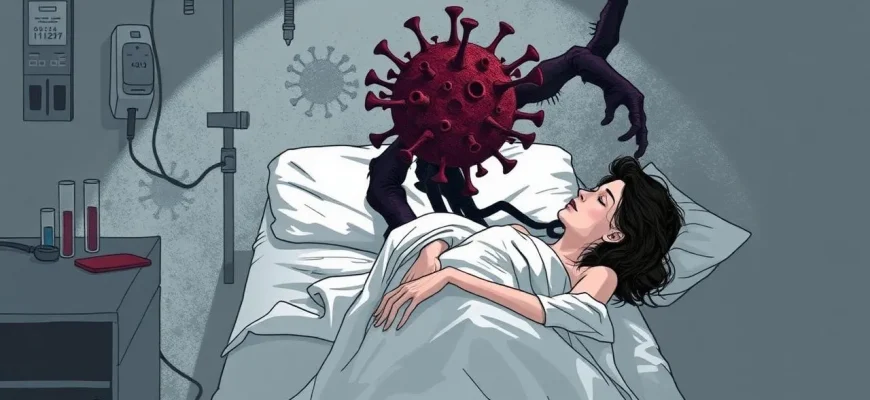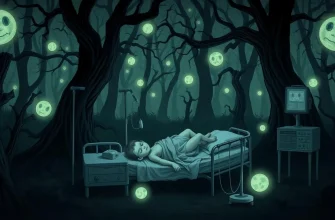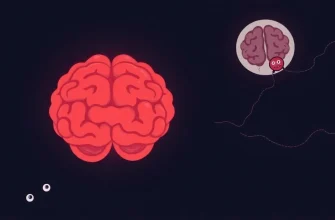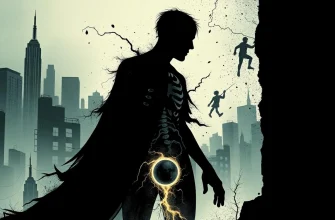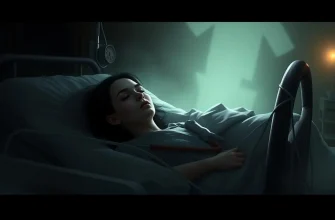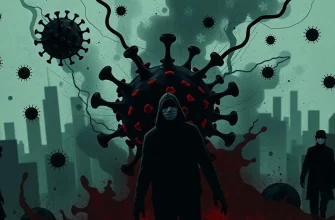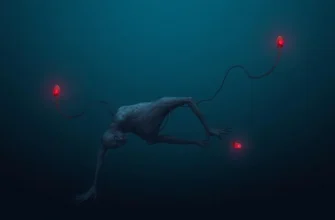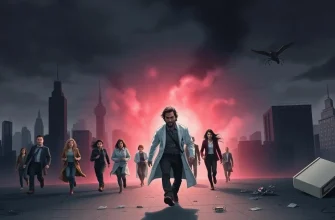Horror films have always played with our deepest fears, and what could be more terrifying than the fear of losing control over our own bodies? This curated list delves into the eerie world of horror movies where immunity, or the lack thereof, becomes the central theme. From viruses that turn humans into monsters to supernatural forces that exploit our biological weaknesses, these films offer a unique blend of science fiction, horror, and psychological tension. Whether you're a fan of gore, suspense, or the slow burn of dread, this collection promises to keep you on the edge of your seat, questioning the very essence of human resilience.
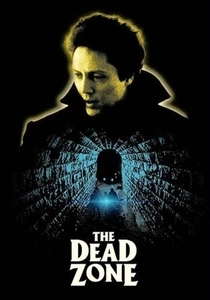
The Dead Zone (1983)
Description: While not strictly about immunity, this film features a teacher who wakes from a coma with psychic abilities, foreseeing disasters, including a potential plague. It's a chilling exploration of fate and prevention.
Fact: Based on Stephen King's novel, it was directed by David Cronenberg, known for his body horror films.
 Watch Now
Watch Now 
Outbreak (1995)
Description: A deadly virus from Africa threatens to become a global epidemic. The film focuses on the race against time to contain the outbreak, showcasing the fragility of human immunity.
Fact: The film was inspired by real-life events like the Ebola outbreak and the Reston virus incident.
 Watch Now
Watch Now 
Cabin Fever (2002)
Description: A group of college graduates contract a flesh-eating virus while on a vacation in a remote cabin. The film delves into the horror of physical decay and the breakdown of social order.
Fact: The film was Eli Roth's directorial debut and helped kickstart the "torture porn" subgenre in horror.
 Watch Now
Watch Now 
The Invasion (2007)
Description: An alien virus spreads through Earth, taking over human bodies while they sleep. This film explores themes of identity, control, and the loss of self.
Fact: It's a remake of the classic "Invasion of the Body Snatchers," with Nicole Kidman and Daniel Craig leading the cast.
 Watch Now
Watch Now 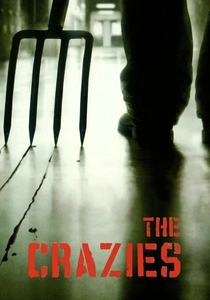
The Crazies (2010)
Description: A small town's water supply becomes contaminated with a biological weapon, turning residents into violent, insane killers. The film showcases the horror of losing one's mind and body to an external force.
Fact: This is a remake of George A. Romero's 1973 film of the same name, but with a more polished, modern approach.
 Watch Now
Watch Now 
Carriers (2009)
Description: In a post-apocalyptic world, a group of friends must navigate through a deadly virus outbreak, testing their moral compasses and survival instincts.
Fact: The film was shot in New Mexico, providing a stark, desolate backdrop to the story.
 Watch Now
Watch Now 
The Ruins (2008)
Description: Tourists in Mexico encounter a deadly, sentient plant that invades their bodies, causing horrific symptoms. It's a unique take on the horror of biological invasion.
Fact: The film was based on the novel by Scott Smith, who also wrote the screenplay.
 Watch Now
Watch Now 
Contagion (2011)
Description: This film explores the rapid spread of a deadly virus, highlighting the global panic and the race to find a vaccine. It's a chilling reminder of how fragile our immunity can be.
Fact: The film was praised for its scientific accuracy, and it eerily predicted many aspects of the real-life pandemics that followed.
 Watch Now
Watch Now 
The Bay (2012)
Description: A small town's water supply is contaminated with a parasitic organism, leading to grotesque mutations and death. The film uses a found footage style to increase the sense of realism.
Fact: Directed by Barry Levinson, known for his non-horror work, this film was a surprising entry into the horror genre.
 Watch Now
Watch Now 
Pontypool (2008)
Description: A radio DJ in a small town reports on a mysterious virus that spreads through language, turning people into violent, zombie-like creatures. It's a psychological horror with a unique twist on infection.
Fact: The film was adapted from the novel "Pontypool Changes Everything" by Tony Burgess.
 30 Days Free
30 Days Free 
